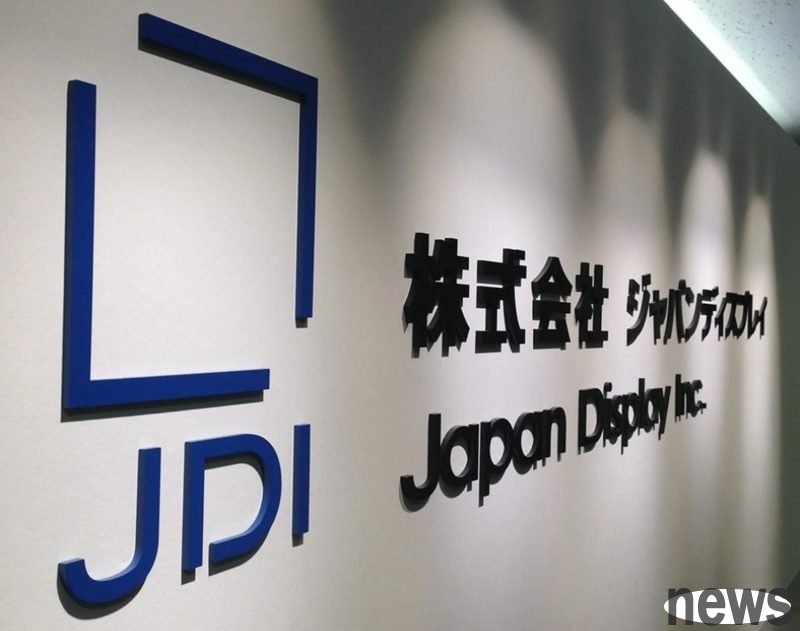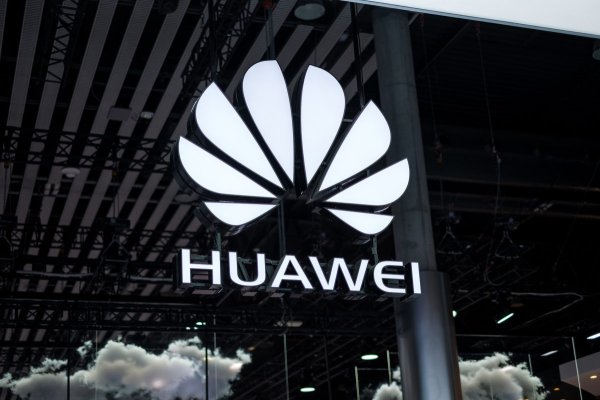Only cooperate but not invest? Japan Display How to reset the industry strategy?

A note issued to end investment, pushing Japan Display (JDI), a major Japanese panel manufacturer, to the hot news page. I had forgotten to sign the capital and business cooperation preparations with Taiwan's new semiconductor company PanelSemi, but now I'm calling for a stuttering on the ground for rising political risks. On the surface, this is a stop to foreign investment; but for Japanese electronics, it reveals another type of information. In the new key technology fields of semiconductor packaging and sensors, Japanese companies are trying to embark on a new industry path that avoids innovation.
Because JDI is no longer just a panel factory. After the global price war, the company is actively seeking to transform from low gross profit display business to semiconductor-related technology. Its cooperation with PanelSemi is to combine its own film processing, sensor technology with PanelSemi's advanced packaging substrate capabilities to develop loads that may be applied to AI chips and intelligent sensing in the future. Although the funds have not entered the market, R&D cooperation is still underway. In other words, this is not a completely ending cooperation, but a strategic adjustment to put risks ahead of innovation.
Are Japanese companies establishing an international technology relationship that "only cooperate but not invest"?Such a turn is not surprising. After entering the 2020s, although Japanese companies have revived in the semiconductor field, their resources and cash flow are generally limited, and it is almost a common understanding to adopt a more cautious position in overseas investment. Especially for Taiwan's partners that have both world-class technology and are highly sensitive to geographic areas, most Japanese companies choose low-contact strategies that are conservatively involved, keep an eye on results, and over-determine capital. Such strategies, technically and financially, are a seemingly safe cooperative logic, but it is difficult to truly master the language or create a market rhythm.
So, does this mean that Japan's technology industry will gradually retreat to its own role? The chip loading and sensing packaging that PanelSemi specializes in is the core of new applications such as high-efficiency computing, edge AI, and vehicle load sensing. If JDI can play the role of integrator and material witness in cooperation, it can instead enter the midstream stages such as process testing and reliability verification to form its own technical advantages. Combining the advantages of Japan's local high-purity materials, equipment and manufacturing quality, it is possible to have participation in the market without having to own the other party's shares.
During the transformation process, JDI is not only facing financial problems, but also testing a new role positioning.From the perspective of JDI, it does not have the capital strength like Sony or Renesas, and cannot be widely purchased or overseas factories. At this time, it is possible to participate in new technology through R&D cooperation plus process technology introduction model, which may be a realistic but reasonable strategic arrangement. PanelSemi can be used as a testing platform to allow JDI to be familiar with the market rhythm in advance in integrating sensor packaging and chip loading, and bring relevant knowledge-how back to Japan for local production, forming local supply chain autonomy. This not only helps the extension of domestic equipment and material manufacturers, but also responds to the government's policy direction of promoting the domesticization of semiconductors in recent years.
However, this strategy is also intimidating. Japan currently lacks risk insurance or strategic funds for overseas high-tech cooperation, and corporate units rely on their own funds to meet complex external situations. In addition, if the model of only cooperation and no investment is universalized, Japan may lose its decision-making and integration in global industry links. After all, in the current scientific and technological landscape, it is not technical participants who really have an impact, but the ecological leader who can define standards and influence the flow of capital.
Between the transformation and avoidance, can there be only zero sum options?This JDI withdrawal incident brought not only attention to a company's strategy, but also how the entire Japanese technology industry should respond to foreign cooperation methods. In the future, if the government can provide more institutional support, such as jointly building a risk investment framework with the alliance, establishing a cross-border joint experiment field, and even helping enterprises establish innovative insurance mechanisms, companies like JDI will not have to make zero-sum choices between transformation and avoidance.
With the global supply chain becoming increasingly fragmented and technological competitions have become a national fight, Japan should maintain a place in this game and not be just a watcher. Perhaps not every cooperation requires large-scale investment, but every technical participation should be a step forward for a place in the future industry. For JDI, this path may not be short, but if it is stable and chosen correctly, it may still find a rhythm in Japan in the global competition of sensors and advanced packaging.
Japan Display cancels foundation in Taiwan startup PanelSemi Extended reading: Honda chip-rescue car market: Joining the Rapidus market, is it really possible to automate the semiconductor of Japanese cars? Are you not afraid of taxes or missed opportunities? LG Energy has slashed GM Michigan factory, is it investment or a stake? It’s reasonable to reign! Did the new opportunity in the camera industry come from the old soul? Japan makes iron to buy American steel, but the United States requires control! New Problems in the Globalization of Japanese Enterprises Does Japanese manufacturing also take software routes? Keyence's capital questions



